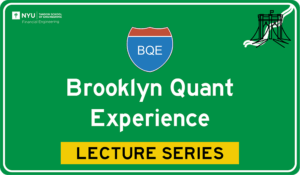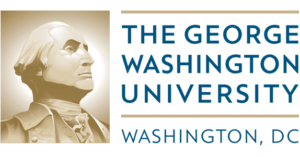
The Department of Finance and Risk Engineering welcomes Ting-Kam Leonard Wong, Assistant Professor, Department of Statistical Sciences at the University of Toronto, to the BQE Lecture Series on Thursday, December 3, 2020, at 6 p.m. on Zoom.
Meeting ID: 916 8329 0348
Password: BQETKLW
Title
Statistical Modeling of Capital Distribution and Portfolio Optimization
Abstract
Capitalization-weighted market indexes such as S&P500 summarize the performance of equity markets and serve as benchmarks of many individual and institutional investors. The ranked weights of a market index are called the capital distribution. In stochastic portfolio theory, it was shown that market diversity, a measure of the concentration of capital distribution, is significantly correlated with the relative performance of active portfolio managers. Statistical modeling of the capital distribution, however, is lacking in the literature. In this talk, we present an ongoing study on capital distribution from the viewpoint of high dimensional time series analysis. Using dynamic factor models, we show that the notion of market diversity can be justified statistically in terms of the most efficient dimension reduction of capital distribution. We also introduce a nonparametric portfolio optimization in the framework of stochastic portfolio theory to exploit the stability of the capital distribution.
Bio
Leonard Wong is an assistant professor in the Departments of Statistical Sciences at the University of Toronto and Computer and Mathematical Sciences at the University of Toronto Scarborough. He completed his Ph.D. in Mathematics at the University of Washington, after which he was a non-tenure track assistant professor at the University of Southern California. His current research interests include probability, mathematical finance, and optimal transport.


